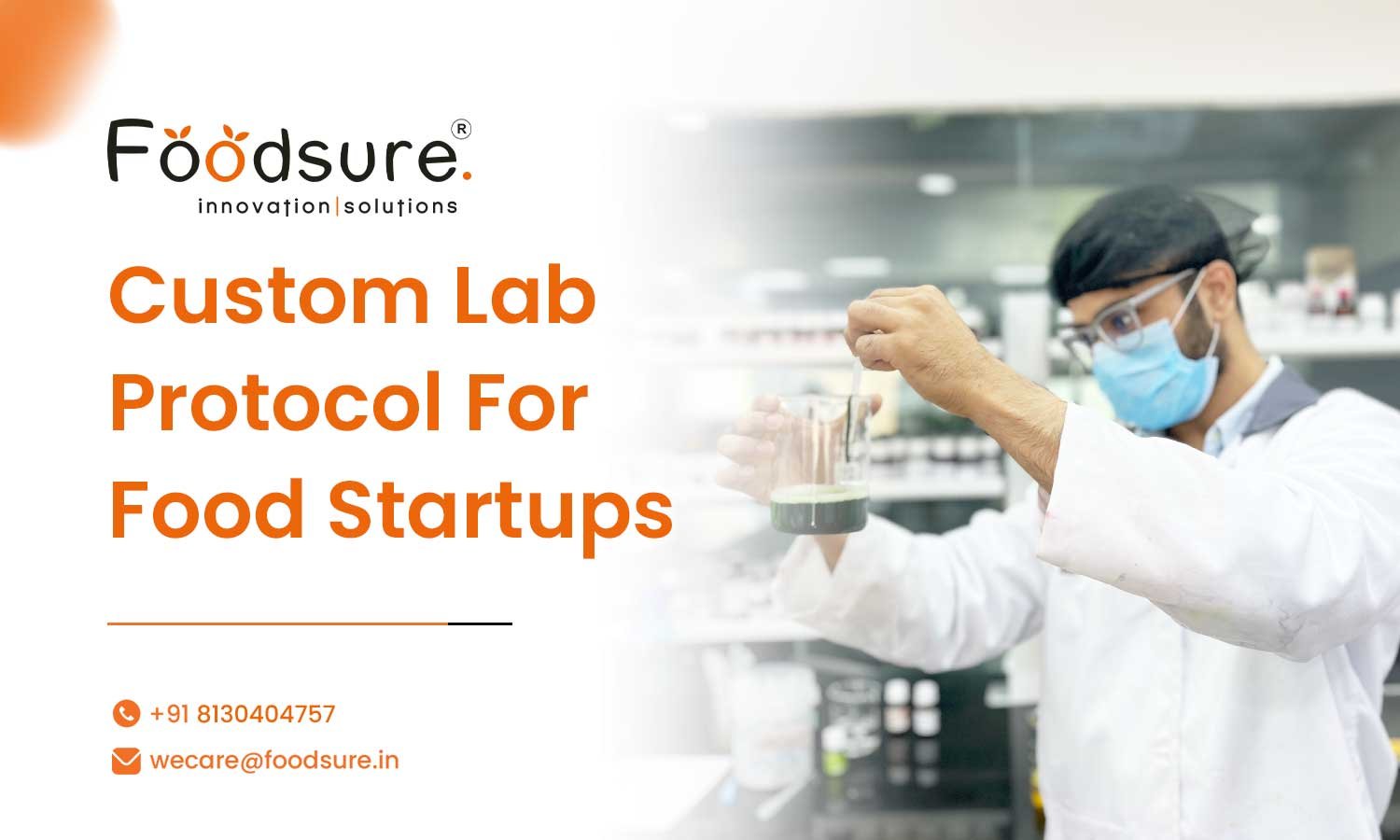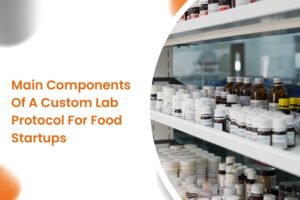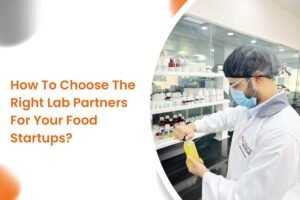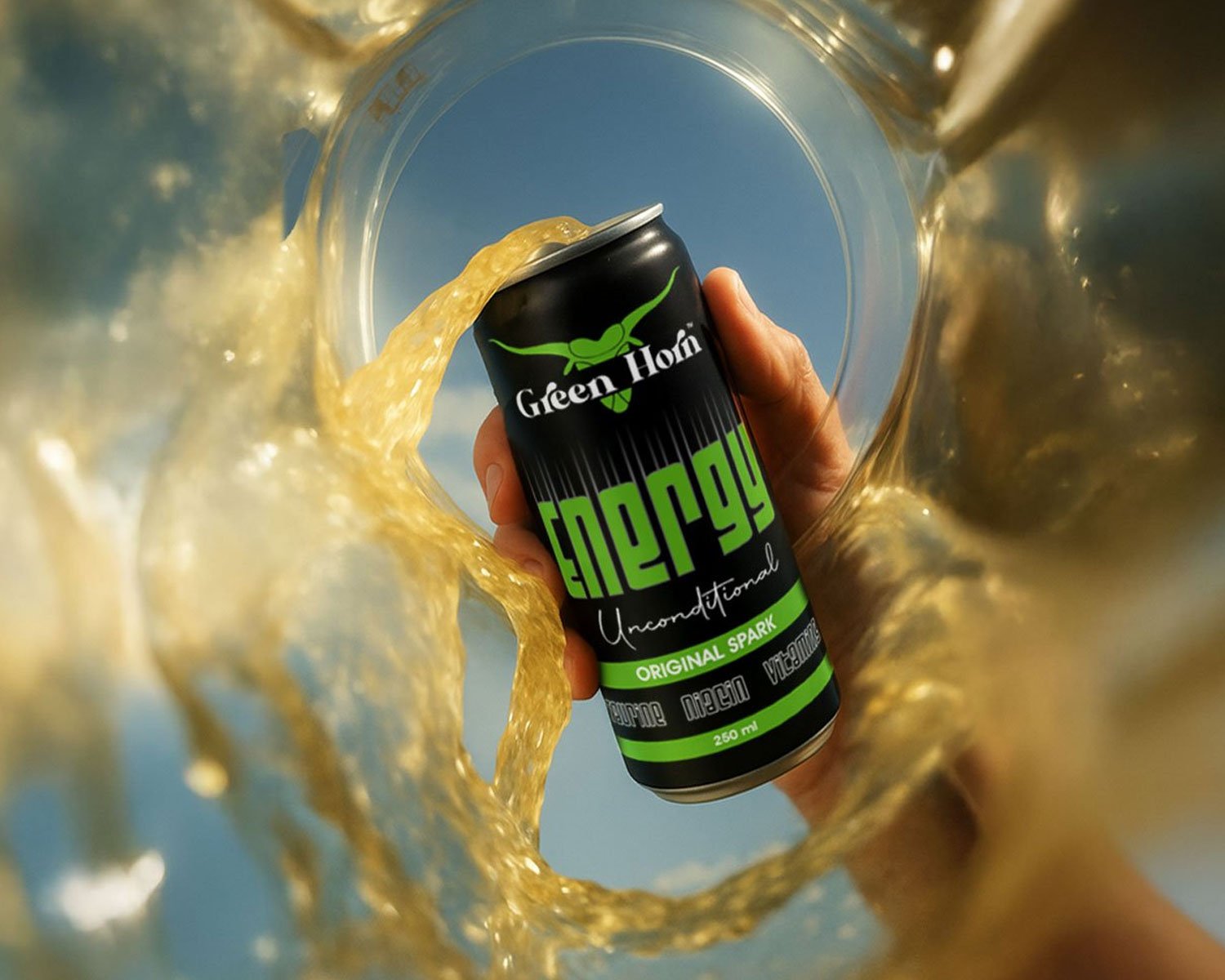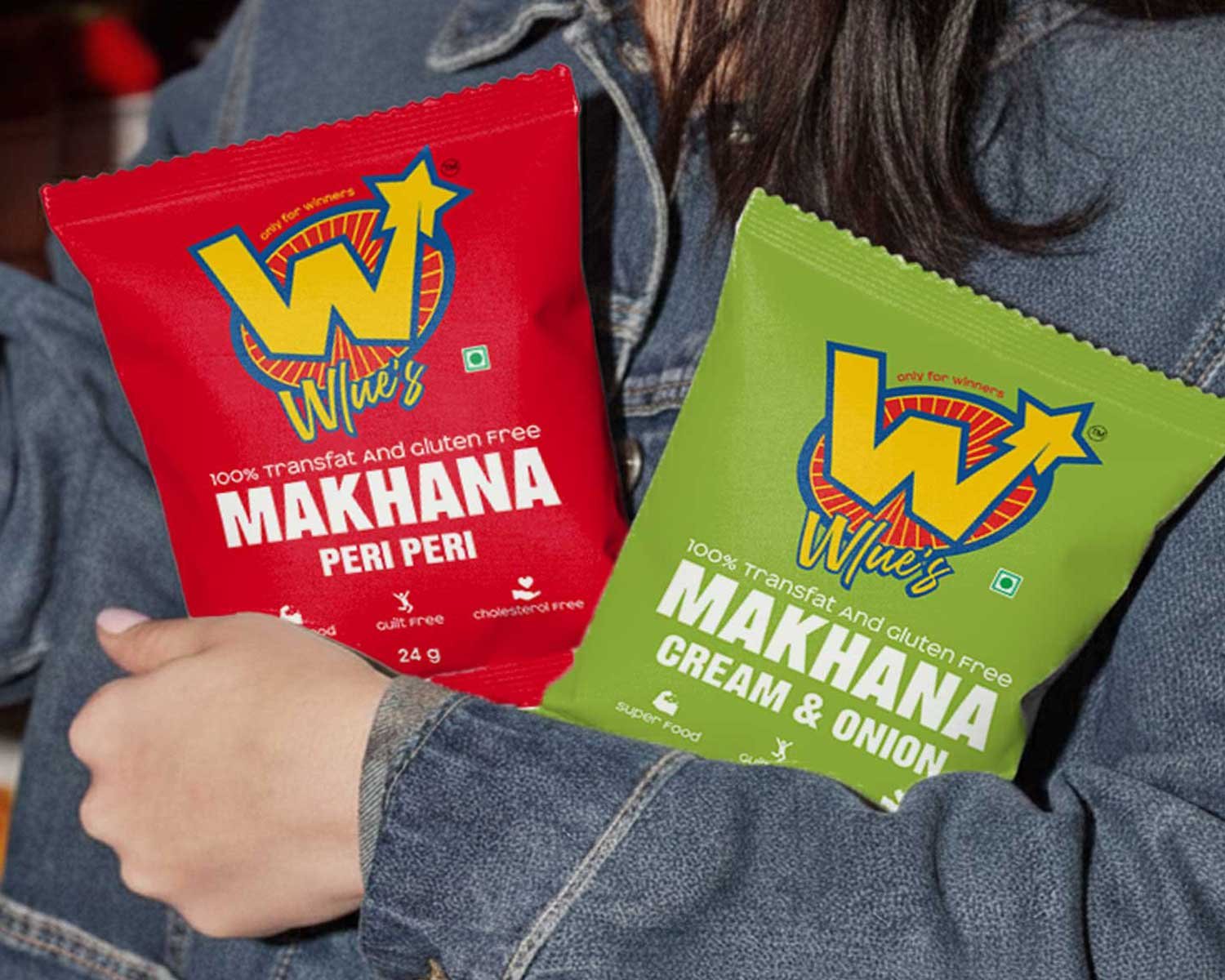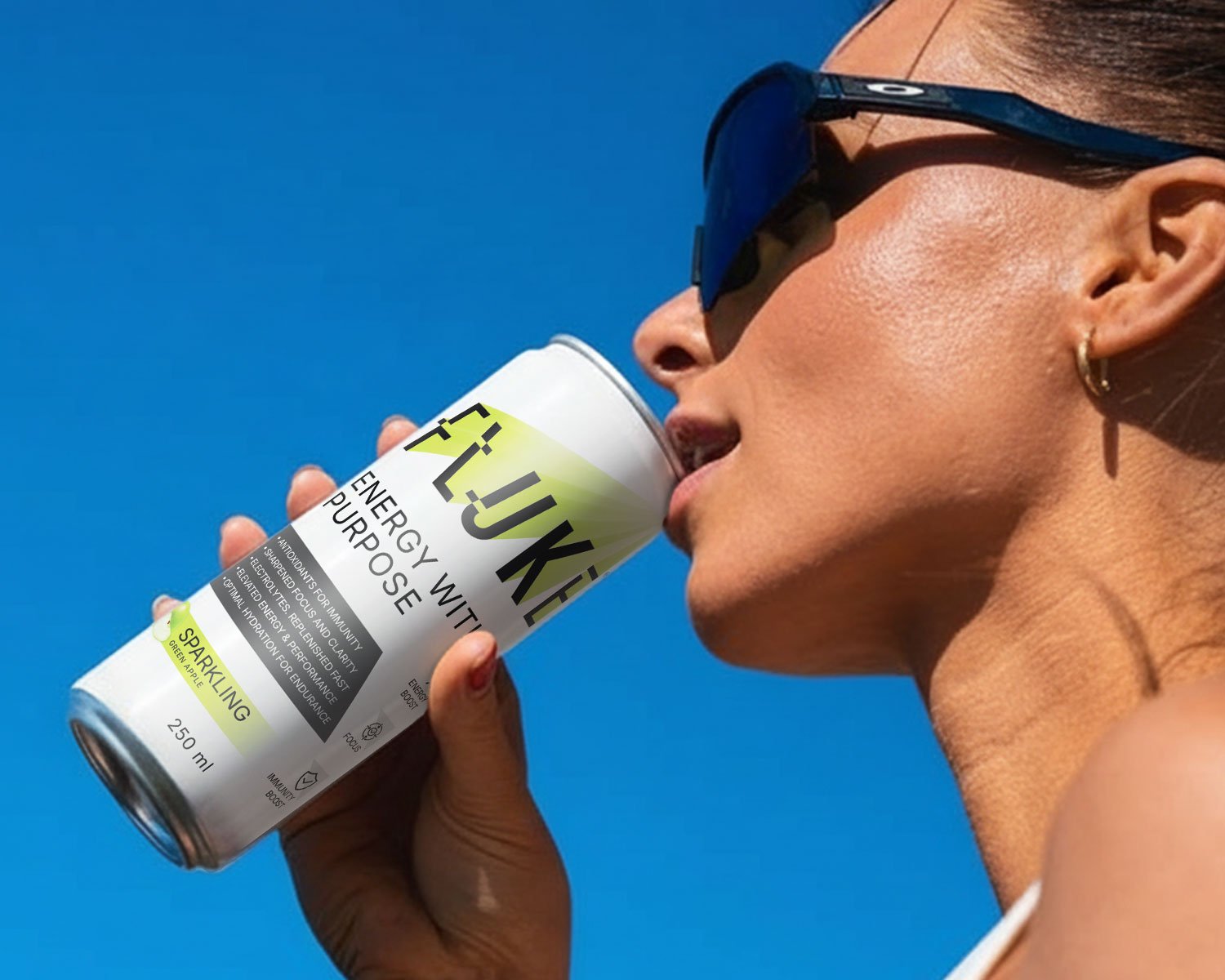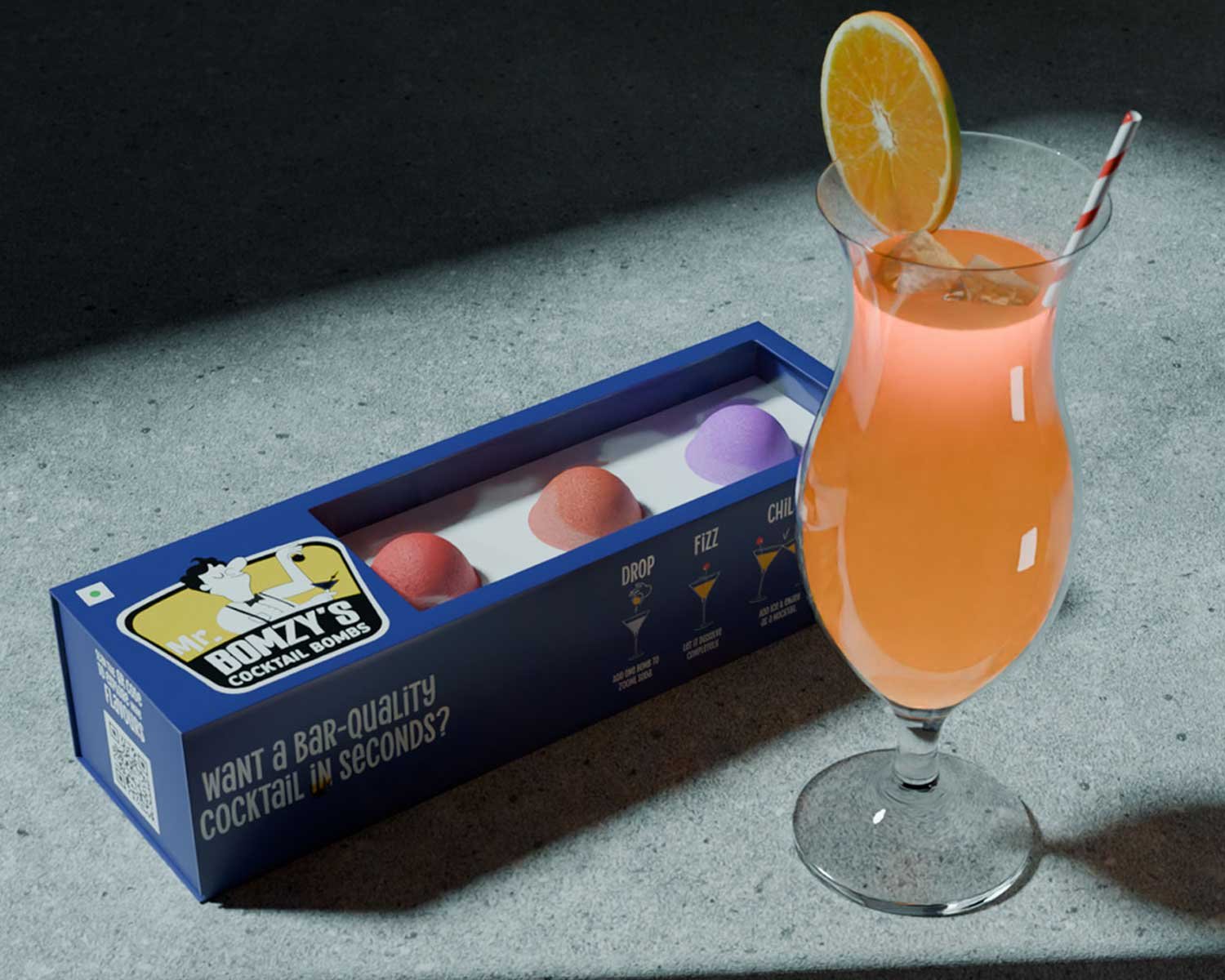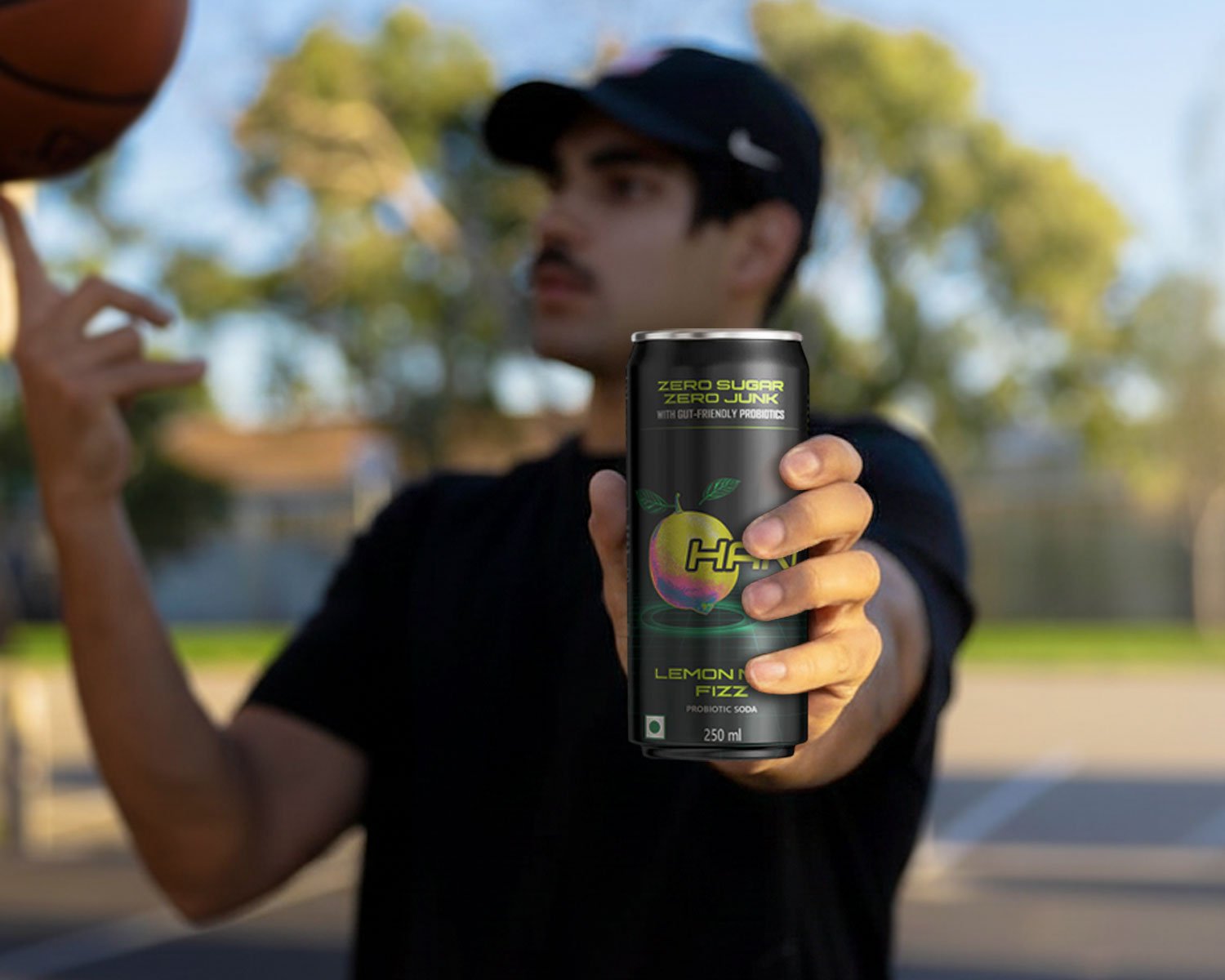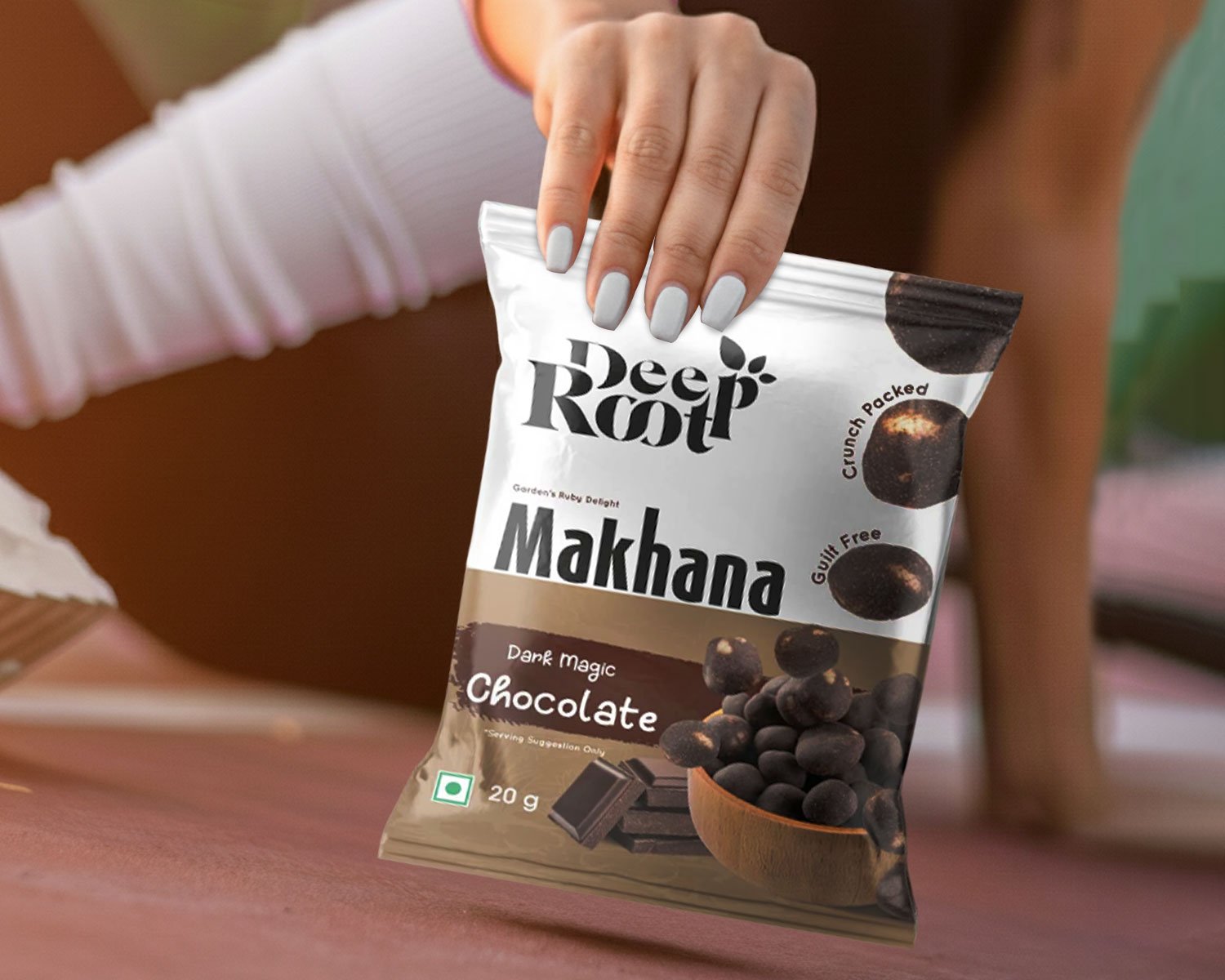Starting a food startup sees a lot of challenges while setting it up. As food entrepreneurs work tirelessly to create innovative food products, the need to make sure that these food products meet safety, quality, and regulatory standards is important. One of the most necessary tools to guarantee consistent product quality and safety is a custom lab protocol for food startups. The custom lab protocol helps food startups to use a systematic approach to test ingredients, process methods, and final products, and ensure compliance with food safety and meet the expectations of the consumers.
Through this blog, you will be able to know the importance of creating a custom lab protocol for food startups, the main elements to include, and how it benefits in food product development and business growth. With the right approach, your custom lab protocol can become a main part of your food startup‘s success.
How A Custom Lab Protocol Can Protect And Grow Your Food Startup?
A custom lab protocol for food startups is the main part of the three main areas that give many advantages to food businesses.
- Food Safety: The food safety protocols make sure that your food products are free from harmful bacteria, toxins, or contaminants, which can result in health risks to consumers.
- Regulatory Compliance: A custom lab protocol helps to make sure that your food products meet regulatory standards set by bodies like the FDA, FSSAI, and EFSA.
- Brand Reputation: Custom lab protocol for food startups helps your business to build a reputation for providing safe, high-quality products to consumers.
- Consistency and Scale: Maintaining consistency in food startup for large production is a major challenge. A lab protocol for food manufacturing helps make sure that the same high standards are met at every stage of food production.
Main Components Of A Custom Lab Protocol For Food Startups
1. Testing Of Ingredients And Quality
Testing raw materials in food recipe formulation is the main step to make sure the products are of high quality.
- Sourcing of Ingredients: Choose suppliers who provide certified, traceable ingredients, like Fair Trade, USDA Organic, or Non-GMO certifications.
- Chemical and Contaminant Testing: Ingredients should be tested for harmful substances like pesticides, heavy metals, and microbial contaminants.
- Testing of Nutrition: Verify the nutritional content of each ingredient to make sure accuracy in labeling and compliance with regulations is properly done.
2. Microbiological Testing
Food safety depends on testing of microbiological samples to identify harmful microorganisms.
- Testing of Pathogen: Regular tests for foodborne pathogens are important, mainly for perishable food products.
- Shelf-Life Studies: Determine the shelf life of food product by testing how it maintains bacterial growth over time, mainly for refrigerated foods.
- Environmental Monitoring: Regularly test production areas for contamination risks to ensure safe conditions during manufacturing of food products.
3. Shelf Life And Stability Testing
Understanding how long your food recipe product will last without losing its quality is important.
- Accelerated Shelf Life Testing (ASLT): Do longer storage periods under controlled conditions to identify how your food product will perform over a longer time.
- Integrity of Packaging: Make sure that your packaging protects from light, oxygen, and moisture, which can cause spoilage to your food product.
- Testing of Organoleptic: Regularly check the taste, texture, and aroma of the food product over its shelf life to make sure the sensory quality is consistent.
4. Sensory Evaluation
Sensory evaluation makes sure that your food product appeals to consumers.
- Taste and Texture: Regularly test the taste, texture, and consistency of the food product across all batches.
- Aroma and Appearance: Conduct testing for aroma and visual appeal, as these are important factors in consumer satisfaction.
This step guarantees your product delivers the right sensory experience from start to finish.
5. Regulatory Compliance And Documentation
Ensuring compliance with safety standards is important.
- Documenting Testing Procedures: Thoroughly document every lab test, from ingredient analysis to shelf-life and sensory testing, for both internal use and regulatory audits.
- FDA and Codex Compliance: Make sure that your food product meets the necessary regulations from bodies like the FDA and Codex Alimentarius, covering labeling, allergens, and nutritional claims.
Proper documentation makes sure that your product is always ready for inspection and compliant with evolving food safety regulations.
6. Consumer Feedback And Continuous Improvement
Even after launch, ongoing feedback is important for a successful food recipe product development.
- Post-Market Surveillance: Continuously track consumer feedback, product complaints, and quality checks after launch.
- Iterate and Improve: Use consumer feedback to make adjustments to the product, ensuring it stays relevant and high-quality.
A proper lab protocol helps for continuous product improvement, keeping your food offerings fresh and in line with consumer expectations.
How To Choose The Right Lab Partners For Your Food Startups?
Choosing the right lab partner is crucial for food startup. The lab will play a key role in ensuring your product is safe, high-quality, and compliant with regulations. Here’s how to make the right choice:
- Look for Relevant Industry Expertise- Ensure the lab specializes in food testing and has experience with products similar to yours. Labs with food industry expertise will understand your specific testing needs, from safety to quality control in food production.
- Check for Accreditation and Certifications- Choose labs with ISO 17025 or FDA accreditation. Food lab certification, like GLP (Good Laboratory Practices) shows the lab meets the highest standards in testing and quality control.
- Assess Their Range of Services- Ensure the food formulation lab provides the testing you need, such as microbiological testing, shelf-life testing, and nutritional analysis. Having a lab that can handle multiple testing types reduces the need to work with several different partners.
- Understand Their Quality Control Process- A good custom lab protocol for food business will have strong quality control measures in place. Ask about their testing procedures, how they ensure accuracy, and how they handle errors or discrepancies.
- Consider the Cost- While pricing is important, don’t compromise on quality for the sake of lower costs. Make sure the lab’s pricing aligns with your budget, and they provide value for the cost.
- Look for Good Communication and Support- Effective communication is key to a successful partnership. The lab should be responsive and able to explain testing results, offer advice, and help with troubleshooting issues during product development.
- Ensure Confidentiality- Protect your intellectual property by ensuring the lab signs a non-disclosure agreement (NDA). The lab should have strict confidentiality protocols to secure your product formulas and data.
Partner with the Right Lab and Take Your Food Startup to the Next Level
Ready to ensure your products meet the highest standards of safety and quality? Partner with a trusted lab that aligns with your vision and growth. Start testing, refining, and perfecting your products today to ensure success in a competitive market. Don’t leave your brand’s future to chance; choose the right lab partner and elevate your food startup now! Call us on 8130404757

